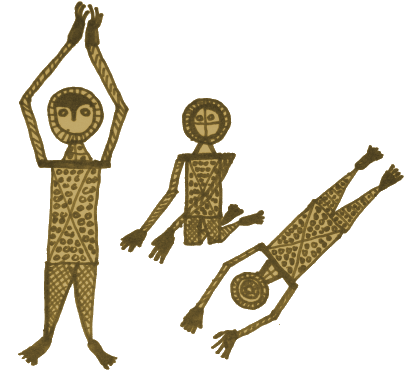
Return to Home Page
The Nyungne practice is a profound Tibetan Buddhist fasting retreat centered on cultivating compassion through meditation on Thousand-Armed Chenrezig (Avalokiteshvara). Traditionally, it spans two days and involves strict vows, with the second day typically being a complete fast from food and water. Below is a two-day Nyungne fast outline, balancing the traditional structure with practical adjustments.
Day 1: Eating and Partial Fasting
Spiritual Focus: Take the Eight Mahayana Precepts (refraining from killing, stealing, sexual activity, lying, intoxicants, eating after noon, entertainment/high seats, and wearing adornments). Meditate on Chenrezig, reciting mantras (e.g., "Om Mani Padme Hum") and visualizations to foster compassion.
Morning (before noon): <20g
Protein, <55g Net Carbs, <800 Calories
Meal (Vegan, Simple): A
nutrient-dense, plant-based breakfast to sustain energy, as eating is permitted
only before noon. Example:
Steamed spinach or kale or brocolli, or salad.
Herbal tea (e.g., chamomile or green tea, no caffeine if preferred for
clarity).
Guidelines: Keep the meal
modest, avoiding overeating or rich foods to maintain mindfulness. Focus
on low protein low simple carb foods.
Practice: Begin with prostrations,
offerings, and Chenrezig sadhana (guided meditation). Dedicate the meal
to the benefit of all beings.
Afternoon and Evening (after noon):
Fasting: No solid food after
noon, following traditional Nyungne rules. You may drink water or unsweetened
herbal tea to stay hydrated,
Practice: Engage in silent
meditation, mantra recitation, and visualizations of Chenrezig. Reflect
on compassion and interdependence. Maintain silence unless chanting or
reciting prayers.
Activity: Rest to conserve
energy, avoiding strenuous tasks. If needed, gentle walking meditation
can help focus.
Day 2: Complete Fast (No Food or Water)
Spiritual Focus: Deepen commitment to the Eight Precepts, observing complete silence (except for mantras/prayers) and intensifying Chenrezig practice. The total fast amplifies purification and compassion.
All Day:
Fasting: Abstain from all
food and water from midnight to midnight (or sunrise to sunrise, depending
on tradition). This is the most challenging aspect, symbolizing detachment
and purification.
Practice: Focus entirely
on Chenrezig sadhana—recite mantras, visualize the deity, and contemplate
loving-kindness. Sessions may last several hours, interspersed with short
breaks for prostrations or silent reflection.
Activity: Remain seated
or resting to preserve energy. Avoid physical exertion, as the body relies
on stored reserves. If dizziness or weakness occurs, lie down and focus
on breath or mantra.
Additional Considerations
Preparation: Before starting, eat balanced
meals for a few days, emphasizing protein (tofu, lentils), healthy fats
(avocado, nuts), and fortified foods (B12, calcium). Stock up on Day 1
ingredients and ensure a calm, distraction-free space.
